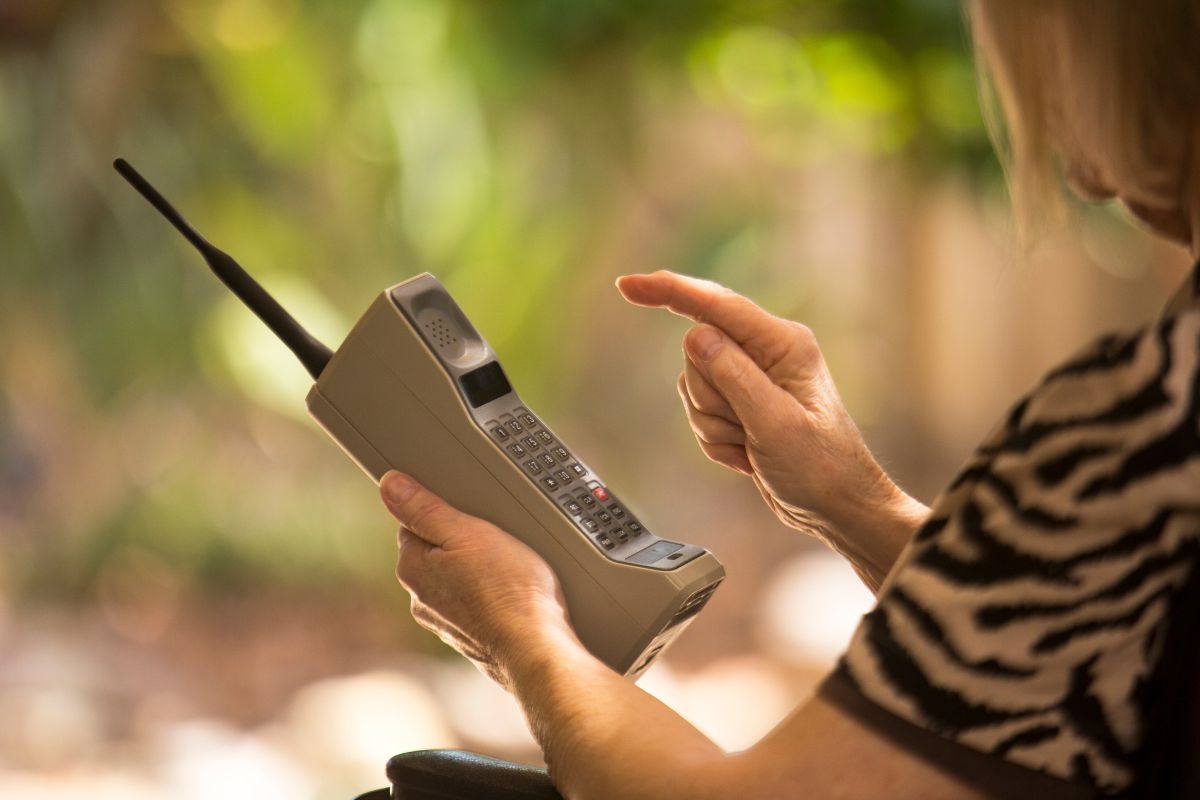Marty Cooper feels that this device definitely has a dark side, but he’s optimistic for its future.
The first cell phone call ever made was placed in New York City on April 3, 1973, by its inventor, Martin Cooper, using a massive gray prototype gadget. He and his team at Motorola had only recently developed the technology he was testing.
The device that has now managed to change the world was invented by Cooper fifty years ago.
Obviously, the original cell phone looked absolutely nothing like the slim, touchscreen devices we all use nowadays. In fact, placing them next to each other, it wouldn’t be likely that most people would think they were related in any way. However, the evolution of that device has managed to change the way we communicate, shop, do business, create and maintain (and end) relationships, and complete a vast array of day-to-day tasks.

Though Cooper can certainly see that there have been some substantial negative outcomes as a result of the omnipresent device – security risks being some of the more significant among them – he is optimistic about what future mobile technology advances will bring.
Cooper is particularly concerned over privacy threats and the impact of the cell phone on young people.
“My most negative opinion is we don’t have any privacy anymore because everything about us is now recorded someplace and accessible to somebody who has enough intense desire to get it,” said Cooper, who is now 94 years old in a recent interview with The Associated Press.
That said, beyond from privacy concerns, Cooper did point out that he is also worried about the negative impact associated with the regular – nearly constant – use of smartphones and social media. Among those he mentioned included internet addiction and the ease by which children can access harmful content.
Still, the self-described dreamer and optimist also said that he is hopeful that there will be cell phone tech advancements on their way in the approaching future that will help to revolutionize areas in great need of advancement such as health care and education.
“Between the cellphone and medical technology and the Internet, we are going to conquer disease,” said Cooper.

